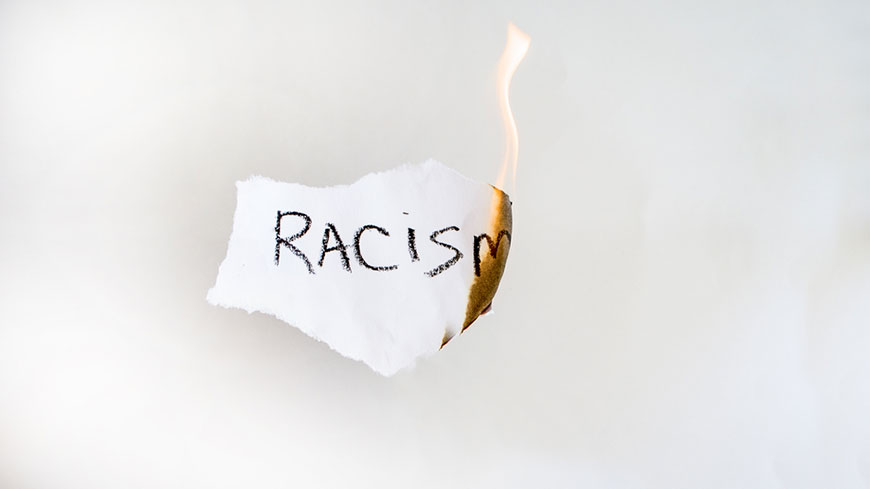
Racism: Absent Laws and Wide Threats
Khartoum: Nada Ramadan
The issue of racial discrimination has become a real threat to the unity of Sudan’s social fabric. Periodic outbreaks of wars and conflicts, fueled by a lack of awareness and exploitation by individuals and political groups, have led to the destruction and death of entire villages.
Observers argue that the current situation in Sudan necessitates correcting these harmful behaviors to build a state based on citizenship and rights.
Legal experts have highlighted the problem of the absence of the rule of law, emphasizing Sudan’s obligation under the International Convention on the Elimination of All Forms of Racial Discrimination (1969) to prohibit and eradicate racial discrimination in all its forms.
Social activists have expressed their dismay at blatant racial discrimination against certain communities, which has fostered resentment and hatred among different groups and tribes, weakening national unity and disrupting the social fabric.
They hold the former regime responsible for the proliferation of this phenomenon and its ongoing impact on Sudans cohesion and stability.
Sadiq Ali Hassan, Secretary-General of the Darfur Lawyers Association, stated that racial discrimination in Sudan stems from misguided practices and social biases, attributing this behavior to weak anti-racism and anti-discrimination laws. He noted that many people feel oppressed and persecuted due to their race or gender and warned against circulating jokes that demean specific groups and regions.
He added, "These practices were not a significant concern in previous eras, but under Bashir’s regime, they became widespread, inciting feelings of inadequacy among communities, to the extent of denying them employment opportunities for racial and tribal reasons. Continued discrimination will have catastrophic consequences given the fragile political and security situation."
Sadiq emphasized the need to correct these behaviors to build a state of citizenship and social justice. He pointed out that many disputes between Sudanese tribes living in the same area often start with racist remarks and then escalate into conflicts and societal divisions.
He insisted on the importance of enacting strict laws to punish anyone who undermines humanity, especially in matters of racial discrimination. He suggested that community groups propose draft laws to combat racism, which the judiciary should then formalize within its legislative powers as part of the desired change.
Legal expert Yaqoub Hussein noted that racial discrimination in Sudanese society is often unspoken and rarely appears openly. Sudanese courts seldom see such cases, which are typically linked to repression and humiliation. He pointed out that Sudan’s criminal law does not explicitly address racism.
Yaqoub agreed with Sadiq that the former regime played a significant role in fueling racism by employing a divide-and-conquer strategy among tribes. The regime used terms like "Zurga" (dark-skinned) and "Arab" during the Darfur war, arming some tribes against others and using blatantly racist language, making racism prevalent through political discourse at the time.
He highlighted the dangers of inciting ethnic divisions, which have had disastrous results in the Blue Nile and Eastern Sudan. This calls for combined community and official efforts to extinguish the flames of discord. Yaqoub expressed confidence in the current generation’s awareness and affirmed that political and social change is within their reach if conditions allow. He noted the ongoing campaigns that aim to eradicate the scourge of racism.

